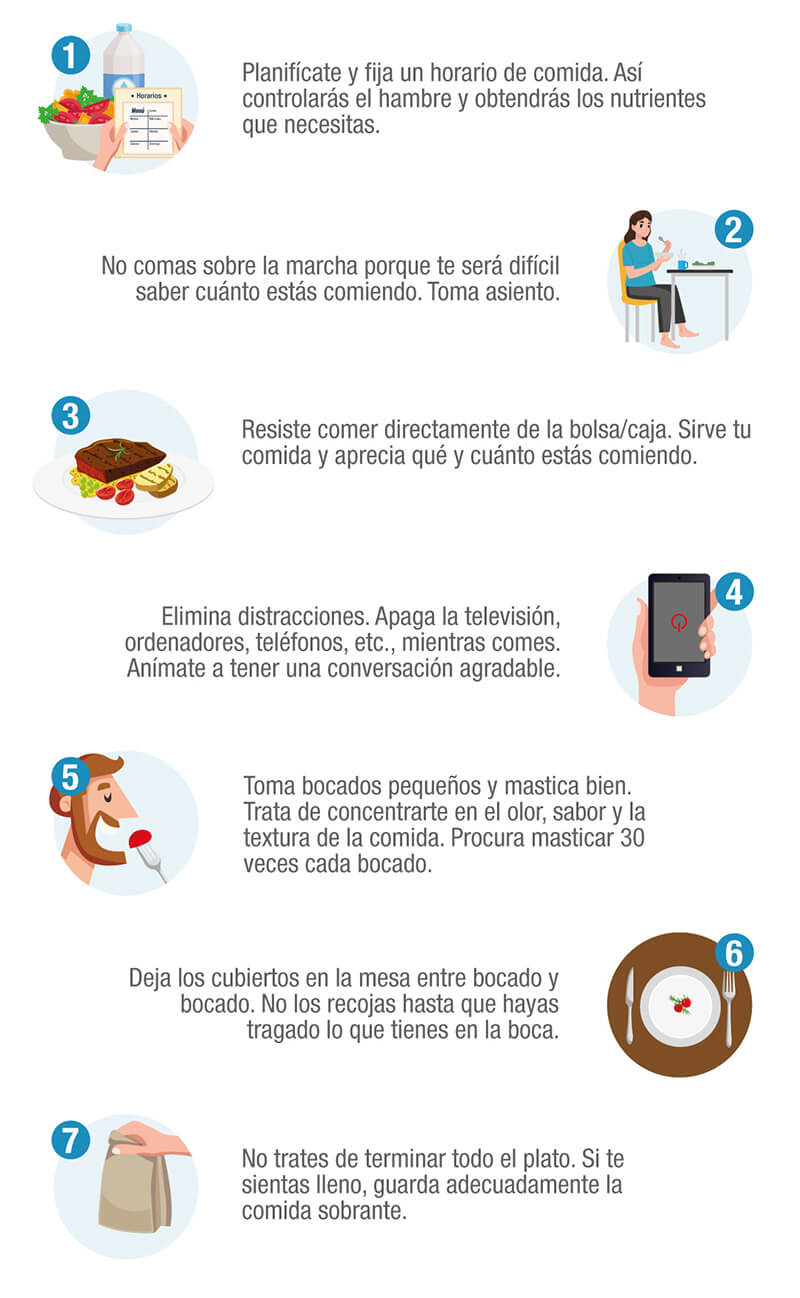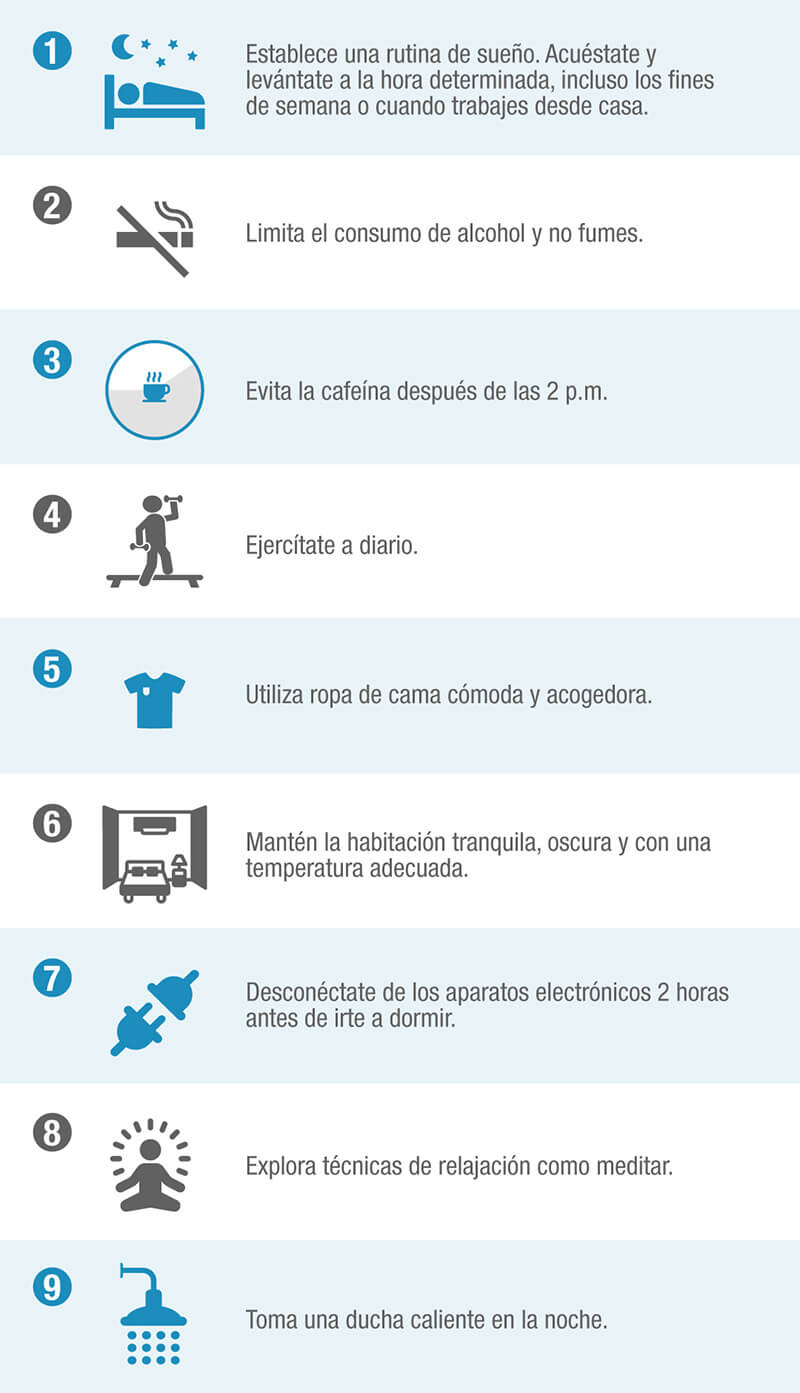Stopping your healthy habits could cause this

“ I'm too lazy to exercise”, “I want to sleep more”, “I'll do it tomorrow”… Thoughts like these are a danger to your healthy habits.
They settle in the mind of anyone, even the most disciplined.
And in a moment of carelessness , bang! The perfect excuse appears to deviate even from the goals you have been working on for years.
Why is it harder for you to give in to guilty temptations than to stand firm even though you are seeing the results of your efforts?
There are scientific reasons and I am going to explain them to you.
Am I healthy or not?

According to the World Health Organization (WHO ), you are healthy if you are in good physical, mental and social health.
To achieve this, you must adopt behaviors during your daily life that have a positive impact on your well-being.
In other words, maintain the following healthy habits:
- Eat a balanced diet.
- Have adequate personal hygiene (including oral hygiene).
- Maintain optimal sleep pattern and quality.
- Doing physical activity.
- Avoid toxic habits: do not smoke, consume drugs, drink alcohol excessively, especially if you have a history of alcoholism.
- Plan your day.
- Stay in a positive attitude.
- Manage stress.
- Avoid a sedentary lifestyle.
Studies show that if you practice them daily, your life expectancy increases and you avoid the risk of chronic diseases such as cardiovascular diseases, cancer or diabetes, among others.
They also make a big difference between reaching old age in good health or under the yoke of disease.
Why is it so easy to fall into bad habits?

A bad habit is a repeated action that, directly or indirectly, affects your overall health and well-being.
They are present in life for a specific reason: to respond to human needs such as reducing stress or calming a craving or quenching thirst.
Look at it like this. In your daily life, you face situations that generate anxiety, anguish or fear, and trigger a series of actions that can sabotage your healthy routines.
And bad habits offer very short-term “positive” rewards for the brain. Therefore, most tend to fall into them consecutively.
Many of these rewards are psychological reactions, such as a pleasant sensation or the momentary relief of a feeling.
I'll give you an example. You are confined at home and you remembered the delicious feeling of having a soda.
You know that that drink has extremely high amounts of sugar that will end up stored in your body as fat and, over time, will increase your weight. But you still decide to take it, because “I'm already making enough sacrifice locked up in the house.”
If it happens to you once, nothing happens. The bad thing is that you repeat it, until it becomes a habit that will increase your chances of getting sick.
How long does it take to consolidate healthy and bad habits?

You won't like what I'm going to tell you: scientific studies indicate that acquiring a healthy habit takes about 66 days, but an inappropriate one takes only 3 days.
Therefore, the first step is to be AWARE that, even if you have a “positive reward”, they are actually harmful to your health.
It's worth the effort to try. Above all, when humanity is paying the consequences of stopping its routines due to a few long months in confinement that are giving a radical change to everyday life.
Studies show that a large percentage of the population put aside their healthy habits in quarantine. They exercise less and consume more carbohydrates and junk food.
The consequences are notable:
- Tiredness and fatigue . Excess junk food causes tiredness, fatigue, low mood and irritability. That's because they DO NOT provide the key vitamins and minerals for the proper functioning of the body.
- Insomnia . Excessive intake of saturated fats and heavy dinners cause difficulty falling asleep and sleeping soundly.
- inflammation . Poor diet, stress, lack of sleep, among others, can cause chronic (constant) inflammation that leads to a multitude of inflammatory diseases and others such as fibromyalgia, which is chronic pain in muscles and joints.
- Sedentary lifestyle. Lack of exercise combined with an inadequate diet leads to the appearance of cardiovascular diseases. Also osteoporosis because calcium is not absorbed correctly into the bones.
- Stomach and intestine problems. Eating poorly can cause stomach pain, heartburn, intestinal permeability, heartburn, diarrhea and constipation.
- Diabetes . The appearance of overweight and the development of diabetes can be related to type 2 diabetes.
- Cardiovascular diseases. Not including vegetables, seasonal fruits and olive oil in your healthy diet increases the risk of cardiovascular diseases, such as increased blood pressure, bad cholesterol and heart attacks.
Tips to maintain your healthy habits

This is what you should do, if you want to stay healthy, energetic and focused, not only on your goal, but in your daily activities.
- Have a balanced and varied diet
Consuming fruits, vegetables, grains, vegetable and animal proteins, and healthy fats high in omega-3 will give you the essential nutrients for your body to function normally.
Pay close attention to portions and maintain an energy balance that suits your needs.
- Practice mindful eating
Long periods of stress and boredom can lead you to overeat.
Therefore, practicing mindful eating is a useful strategy that will help you maintain a healthy relationship with food and balance your energy intake.

- Staying hydrated is vital
The amount of water you need depends on your age, sex, weight, height, physical activity level, and environmental conditions. For example, in hot weather you probably have to drink more.
Drinking water is the healthiest and cheapest drink. But if you want to add a refreshing boost, add slices of lemon, cucumber, mint or berries.
Coffee, unsweetened tea, flavored infusions, and sparkling water are also good options for hydration.
- move on
Maintaining physical activity benefits both the body and the mind.
Healthy adults should do at least 30 minutes of physical activity a day and healthy children (5-17 years) at least one hour.
These recommendations can make it easier for you:
- Set a time for your daily physical activity.
- Take regular breaks by alternating sitting and standing. You can also stretch.
- Follow exercise classes online.
- Practice activities such as dancing, dynamic video games, household chores or playing with your children.
- Sleep enough
Lack of sleep impacts physical and mental health. It also reduces your immune system's ability to fight infections.
In general, adults need about 7 hours of good quality sleep per night.
If you have trouble sleeping deeply for that amount of time or suffer from chronic insomnia, prioritize your healthy sleep habits:

You may find yourself in an extreme situation such as the global pandemic or in your regular dynamics. You will ALWAYS be tempted to slide down a slide into the deep pool of bad habits.
You must be alert to your environment and your emotions so that you can neutralize any slip-up before it is too late.
Take care of yourself and keep your loved ones protected from the inside out. Come on, yes you can!
And if you want to delve deeper into how to make practicing your healthy habits easier and more effective, there is a lot of information on our blog that can help you.


